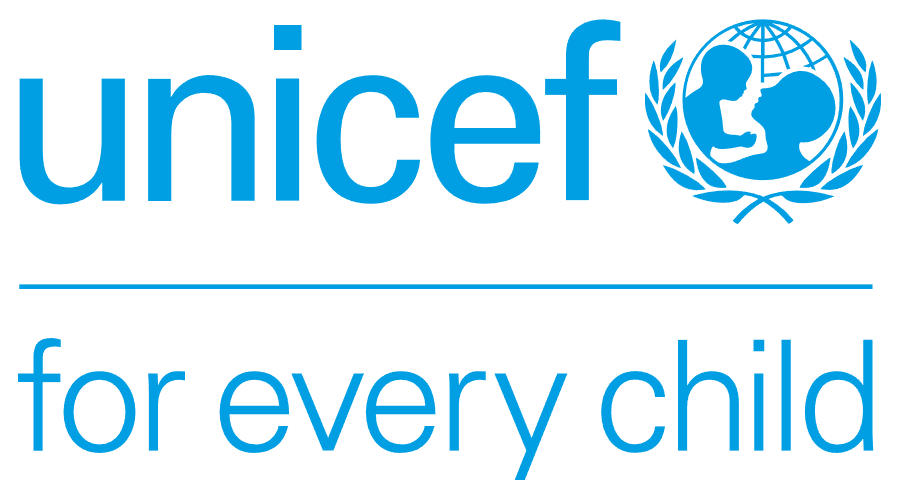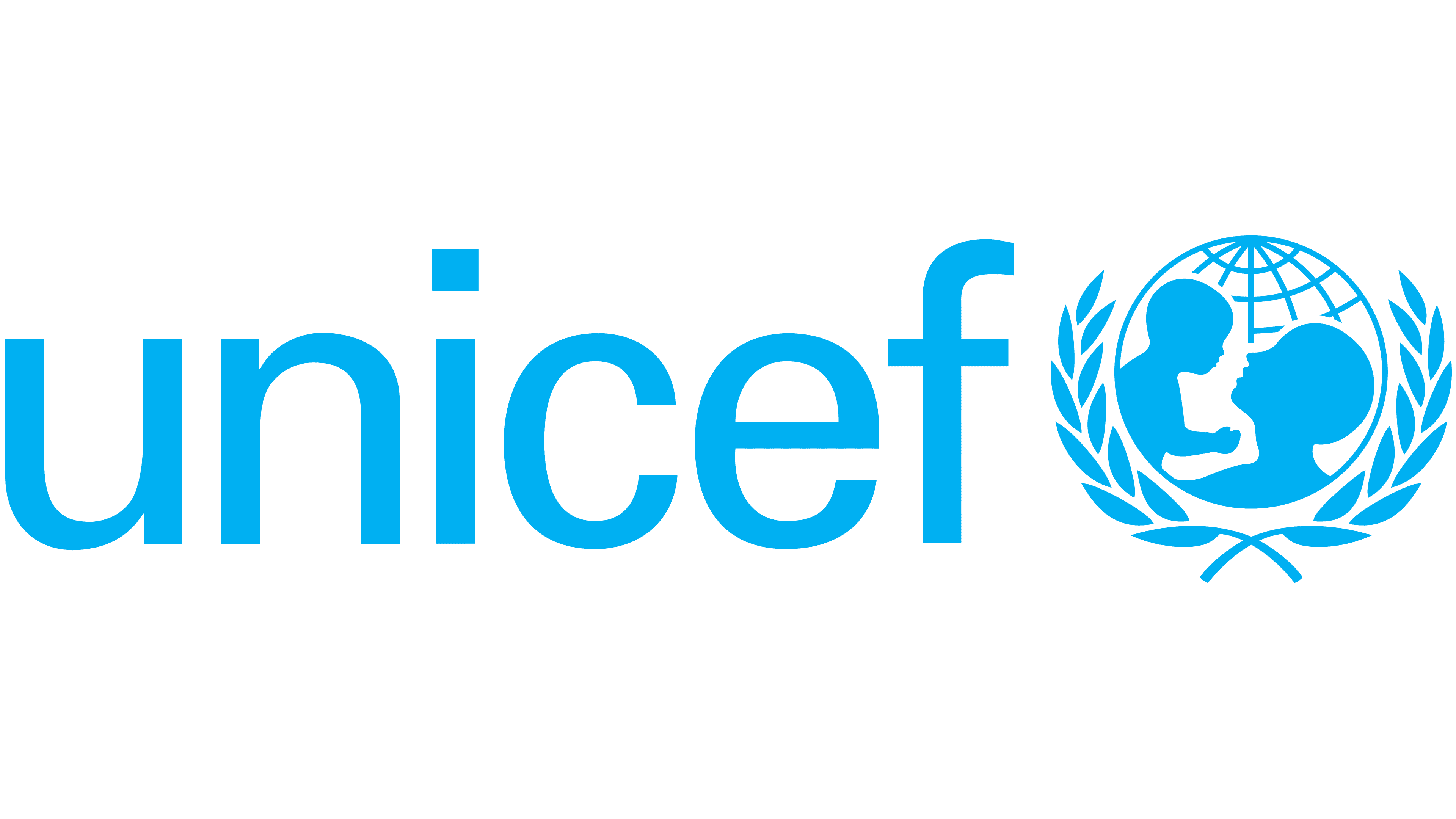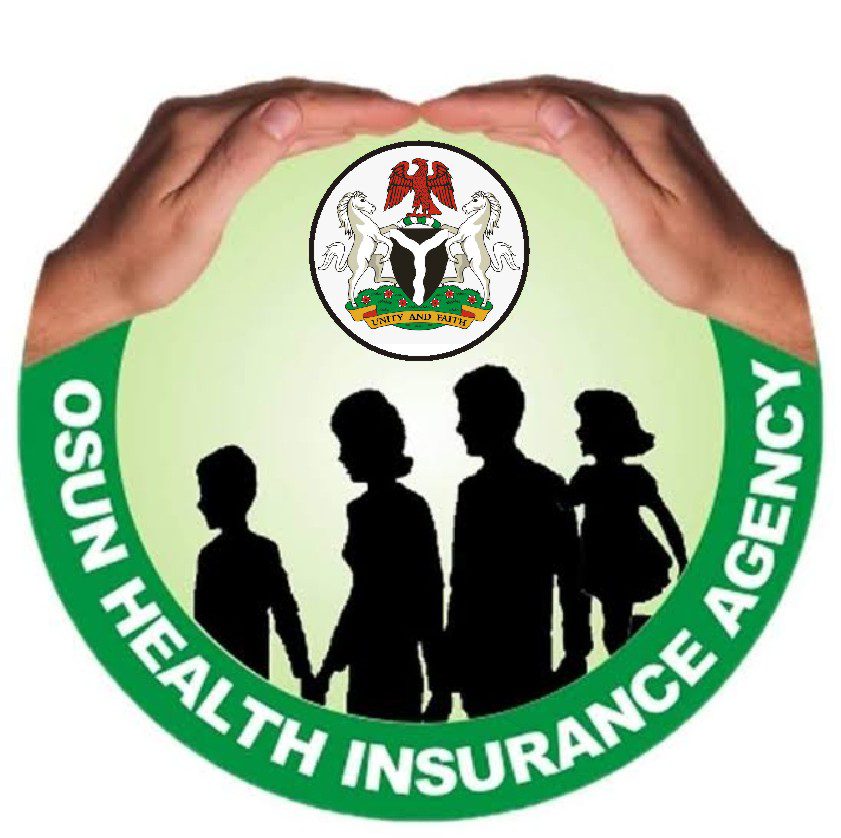Health
Boiling your meat well does not kill anthrax, expert warns Nigerians
Dr Obi Ogar, Director, Veterinary Services, Cross River Ministry of Agriculture and Natural Resources, has disclosed that well boiled meat does not prevent one from contracting anthrax after consumption.
Ogar said this on Saturday in an interview with the News Agency of Nigeria (NAN) in Calabar..
He was reacting to claims in some quarters that boiling meat properly could kill the pathogen that causes anthrax.
Anthrax is a deadly bacterial and zoonotic disease caused by a bacterium called bacillus anthracis. It also occurs primarily in cattles, sheep, goats and could affect other animals.
He said the bacterium could only be destroyed using heat through the process of incineration, which will burn the substance to ashes.
He said while disposing of an animal that dies of anthrax, it should be done in a very deep grave after which disinfectant and chemical should be poured on the carcass before covering to prevent any escape.
“This organism is not killed by the heat from our kitchens but from incineration, thereby burning the substance to ashes which renders the meat of no use to the owner,” he said.
Ogar said the public should desist from eating bush meat for the time being because the disease is zoonotic and could also affect animals in the wild.
He advised Nigerians to buy their meat from approved meat markets and not from roadsides because no one could guarantee where they get their meat from.
It was recalls that few weeks ago, anthrax was reported in some neighboring West African countries and just last week, it was reported in Suleja, Niger State, Nigeria.
Health
Cholera: Nigeria must prevent spread in schools – UNICEF

Following the outbreak of cholera in Lagos and some states, the United Nations Children’s Fund (UNICEF) has called for extensive measures to protect school children.
The UN organisation also called for concerted efforts to prevent disruption in the academic calendar over the spread of the disease.
The Chief of UNICEF Lagos Field Office, Celine Lafoucrier ,who made the call on Monday in a statement, said that the cholera outbreaks critically affected children and the young population.
According to Lafoucriere, these vulnerable groups face substantial health high risks particularly children and young adults attending schools.
She noted that children were prone to severe dehydration and high mortality rate.
“There is, therefore, urgent need for good sanitation, hygiene practices, improved access to clean water, regular handwashing with soap and clean water in order to combat the outbreak in schools,” she said.
Lafoucrier, however, solicited for adequate awareness across the country to sensitise the populace on cholera outbreak and preventive measures as part of efforts to address the issue.
Health
Cholera: Children facing substantial health risks – UNICEF


The United Nations Children Fund (UNICEF) says recurrent cholera outbreaks in the Nigeria are critically affecting children and the population at large.
This is contained in a statement by Celine Lafoucrier, Chief of Lagos UNICEF Field Office, on Saturday in response to cholera outbreak in Lagos and other parts of the country.
Lafoucrier said that children faced substantial health risks, particularly those under five who were prone to severe dehydration and higher mortality rate.
She urged government to focus on the provision of clean and risk-free water to prevent the spread of cholera in the country.
According to her, despite the state government’s efforts to provide water to its population, the current outbreak demonstrates the need for an urgent government focus on ensuring the water provided to the population is clean and risk-free.
“Addressing the challenges of cholera outbreaks requires a deliberate focus of state policies.
”And this include provision of high-standard water and sanitation facilities as well as strengthened healthcare systems capable of responding to the demand in times of outbreaks.
”There should be campaigns on cholera prevention to protect children and the population at large”, she said.
Lafoucrier said that good water and sanitation infrastructure play a crucial role in reducing disease outbreaks, such as cholera, which causes an estimated 100,000 deaths annually.
“Water, sanitation, and hygiene (WASH) interventions are fundamental in preventing and responding to cholera epidemics.
“Safe water supplies, hygienic sanitation, and effective water management are key elements in this effort.
“Ultimately, preventing cholera centers on good sanitation and hygiene practices.
“Key actions include proper disposal of faeces, eliminating open defecation, and ensuring access to potable water.
“Regular hand washing with clean, running water and soap is vital.
“Additionally, avoiding the consumption of uncooked vegetables, unwashed fruits, raw or undercooked seafood, and food from street vendors is important to reduce the risk of cholera infection”, she said.
According to her, safer water can annually prevent 1.4 million child deaths from diarrhoea, 500,000 deaths from malaria, and 860,000 child deaths from malnutrition.
She said that it could also protect 10 million people from serious illnesses like lymphatic filariasis and trachoma.
Lafoucrier, however, said that disease outbreaks ultimately hinder Nigeria’s progress in achieving health-related Sustainable Development Goals (SDGs), particularly SDG 3, which focuses on ensuring healthy lives and well-being for all.
“These outbreaks strain Nigeria’s health system, diverting limited resources from essential services like routine immunizations and maternal and childcare, undermining universal health coverage.
“However, outbreaks also present opportunities to strengthen Nigeria’s health system.
“Prevention is more cost-effective than cure; thus, communities should establish systems that promote key hygiene practices, transforming them into a cultural norm,” she said.
Health
Osun Health Insurance to train health workers on sign language interpretation


By Ismail Azeez, Osogbo
In a move to ensure inclusive healthcare, the Osun State Health Insurance Agency (OSHIA) on Thursday said the agency has concluded a plan to train nurses and other health workers in government hospitals on sign language interpretation in the state.
The agency disclosed that the aims is to bridge the communication gap between deaf or dumb pregnant women and healthcare providers
The Executive Secretary of the agency, Dr Rasaq Akindele stated this while featuring on NewsPoints, organised by the members of Osun NUJ Correspondents’ Chapel, Osogbo.
According to him, “We will train nurses and other health workers that are in various government hospitals on how to interpret signs, so that at a particular time that any deaf or dumb pregnant woman comes to the hospital somebody would be there to interpret the signs to the doctors and the nurses on duty to get adequate health.”
Akindele expressed intentions to register all the pregnant women in the state into the scheme to have free healthcare services during the pregnancy.
Speaking on the achievements of the agency, since he took over the mantle of power, Dr Akindele said no fewer than 23,000 retirees have been enrolled into the Osun Health insurance Agency of the State Government.
He said it was part of the State government’s effort to ensure that retired civil servants received their health benefits after their mandatory service years.
He said OSHIA, being an Agency saddled with the responsibility of ensuring, provision of health insurance scheme to the citizens of the state, hinted that there is continuous enrollment for those who are retiring from service on a daily basis.
He noted many people have benefited from the Agency since Governor Ademola Adeleke took over the leadership of the state.
Akindele stated that enrollment of pensioners have been digitised and as such had made it easier for them to have access to health facilities for their health issues .
He lamented the rate of ignorance of people about Agency, saying the Agency had been carrying out Enlightenment programs for people to know how to go about their health issues,
He said, “One of the major challenges the Agency is having is about education. Many people still believed in an analog way of doing registration of the health insurance scheme. We have gone digital and many people are yet to follow the trend of things. This is why we have to partner with media organisations for various Enlightenment programmes of our Agency.
“The total enrollee in the formal sector is 244,000 and it is likely to increase when the governor starts employing the way he has promised. And in the informal sector, we have 13,462 enrollees; what we met on ground was little less than 4,000. And our aim is to capture nothing less than 6 percent of the people who are living in Osun State.
“We are coping with the little resources we have in OSHIA and at anytime we are running out fund and we have to get some succour from the governor
“We have code which anybody can go through our website to get information and get all access to health insurance scheme programmes. We will continue to do our best to ensure that every citizen of this state benefits and cues into this program because health is wealth.”






